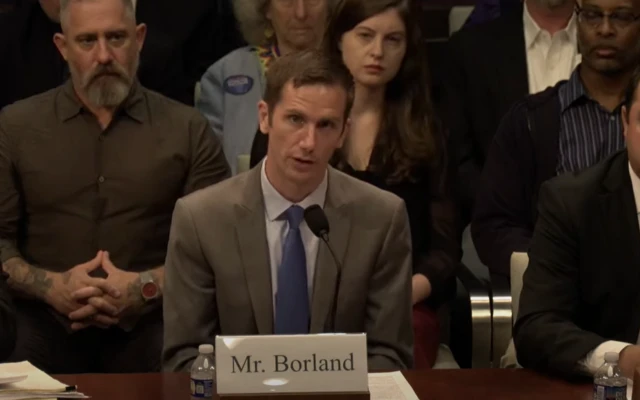Not all 'alien' signals come from outer spacepublished at 18:00 BST 9 September
 Stephen Dowling
Stephen Dowling
Deputy editor, BBC Future
Today's hearing has ended, with some of the witnesses saying they don't believe their experiences can be understood through routine explanations.
But not all "alien" signals come from space.
Astronomers spend a lot of their time looking up, scanning the heavens for signals that can give them clues about distant stars, exoplanets and galaxies. But sometimes, they also need to lower their heads and look closer to home.
In 1998, scientists in Australia's Parke's Observatory in New South Wales discovered strange radio bursts just a few milliseconds long, which were detected over several weeks. Strangely, they only seemed to occur during office hours at around the same time each day.
Then in 2015, scientists managed to trace the source. The culprit was the observatory's microwave, external. The bursts were recorded during periods when researchers were heating up their food. Opening the microwave oven before it had pinged led to brief emissions of radio waves of around 2.4GHz that were picked up by the observatory's sensitive antenna.
You can read more on investigations into UFOs in our story on "alien" signals and how they are attracting serious scientific scrutiny.
Thank you for joining us.






